Dhaka, Dec 07 (V7N)- Dr. Syed Refaat Ahmed, the Chief Justice of Bangladesh, emphasized the importance of judicial reforms, technology integration, and procedural improvements to enhance efficiency and uphold judicial independence. He made these remarks at the conference titled “Judicial Independence and Efficiency” held at the Pan Pacific Sonargaon Hotel on Saturday.
Key Highlights of the Speech
The Chief Justice paid homage to the martyrs of 1971, acknowledging their sacrifices that laid the foundation of Bangladesh's independence. He also referenced the student-led revolution in July-August 2024, describing it as a pivotal moment in the fight for justice, equality, and humanity.
“These defining moments in our history remind us that the quest for justice is not a fleeting endeavor but a lifelong commitment,” he remarked.
Judicial Challenges and Reforms
-
Reducing Delays in Trials
Dr. Ahmed narrated a poignant moment when a litigant pleaded for an expedited hearing due to prolonged delays. He assured the case would be heard promptly, reiterating that addressing such delays is a moral imperative.“Justice delayed is justice denied,” he asserted.
-
Roadmap for Reforms
On September 21, the Chief Justice unveiled a comprehensive judicial reform roadmap aimed at addressing inefficiencies, ensuring justice for all, and reinforcing public trust in the judiciary. -
Institutional Independence
- Initiatives have been launched to create a separate judicial secretariat, ensuring administrative autonomy.
- A proposal for a Judicial Appointments Council has been made to institutionalize transparency and competence in the appointment of Supreme Court judges.
-
Access to Justice
- A capacity test for legal aid services has been introduced.
- A helpline has been established to provide citizens with easy access to legal information.
- The Supreme Court Registry now adheres to a 12-point guideline to enhance transparency.
The Chief Justice emphasized the critical role of technology in streamlining case management and increasing transparency.
“Digitalization is no longer a luxury; it is a necessity,” he stated, committing to reducing delays and enhancing court efficiency through modern tools.
Acknowledging the UNDP’s contributions, Dr. Ahmed called for continued collaboration in capacity-building, technological advancements, and policy development tailored to the judiciary's needs.
“With innovative solutions and sustainable implementation, development partners like UNDP can empower us to build a justice system that serves as a beacon of fairness and efficiency.”
Dr. Syed Refaat Ahmed’s speech underscored the judiciary's commitment to maintaining its independence while embracing reforms and innovation. His vision aims to transform Bangladesh's legal system into one that is accessible, transparent, and efficient, setting a benchmark for justice delivery.
END/MSS/AJ



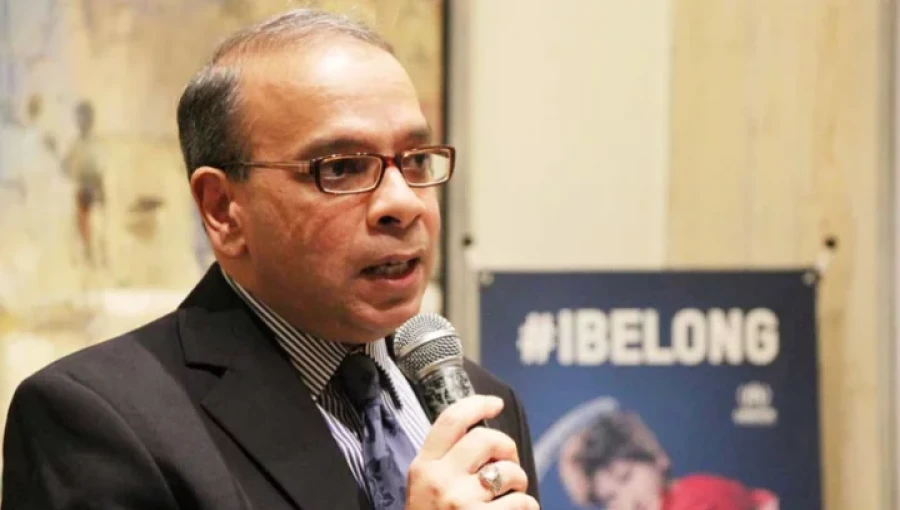
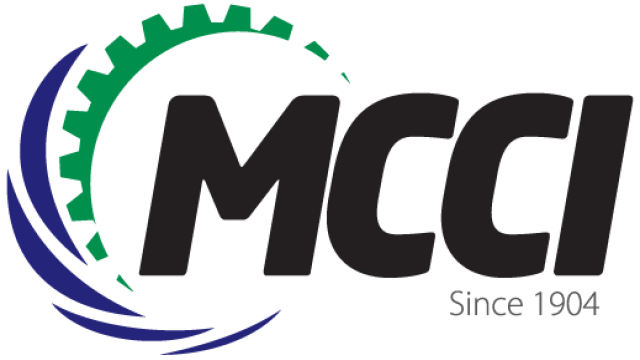

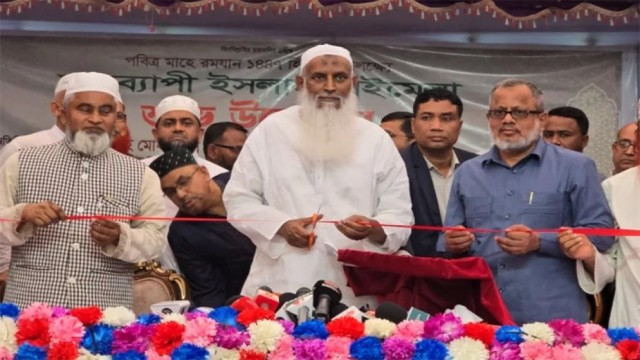
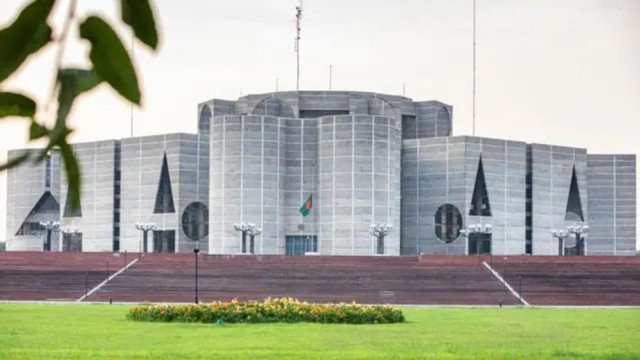
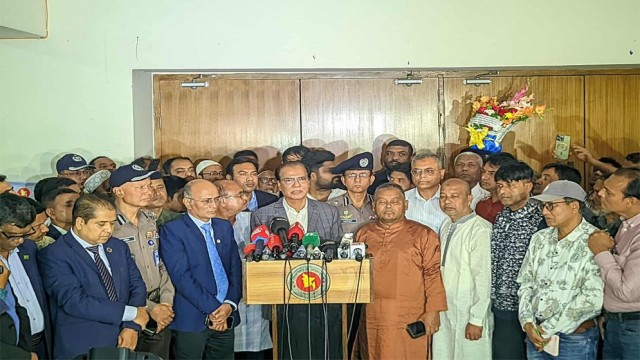
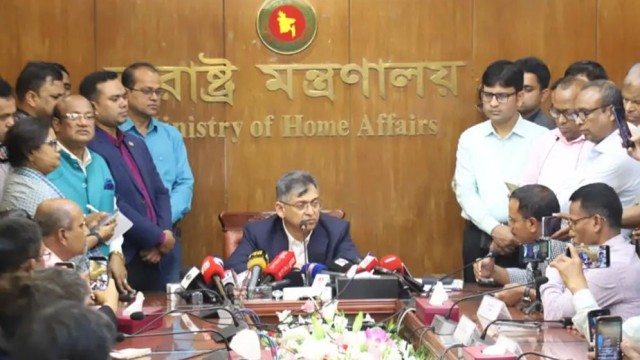



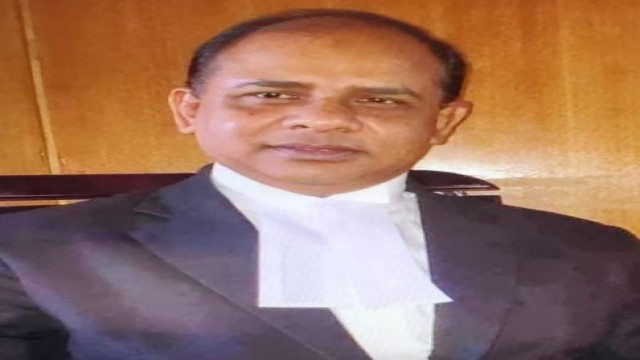



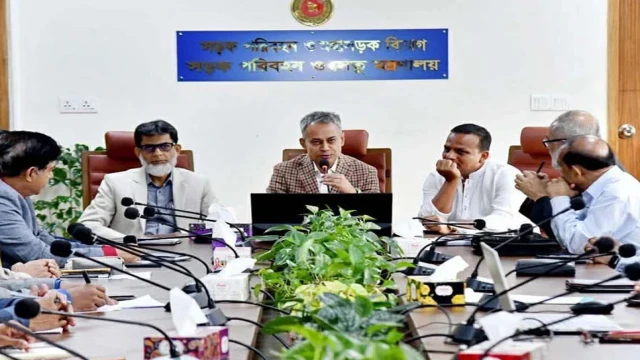












Comment: